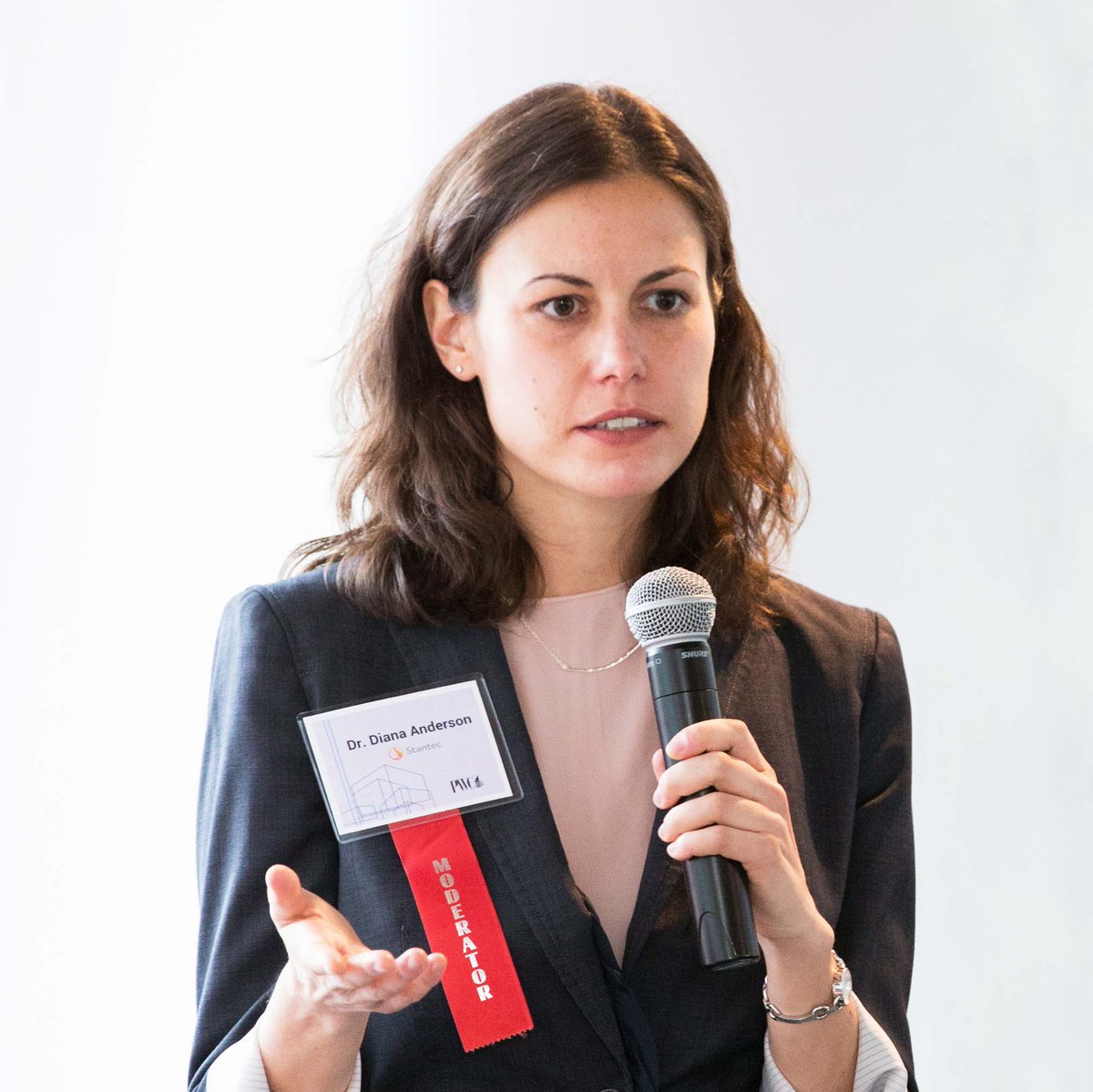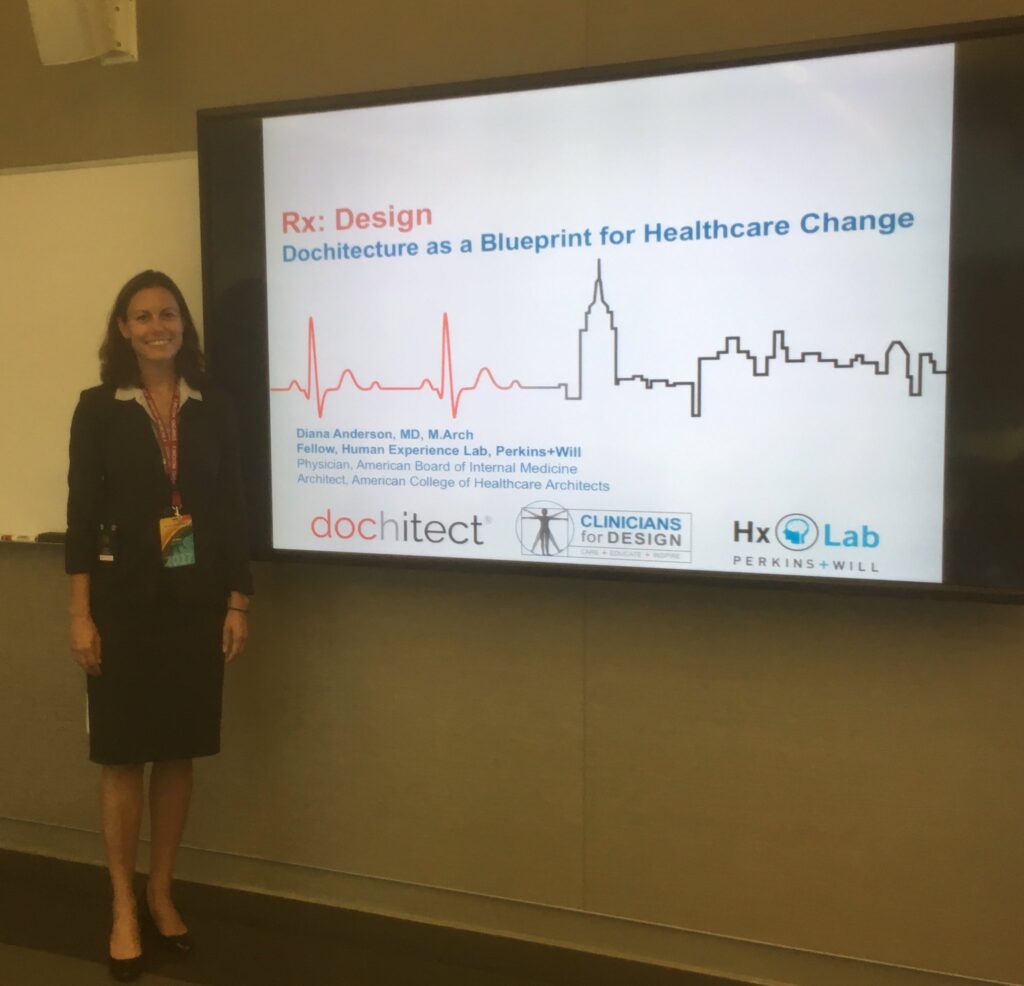
DIANA ANDERSON
My Impact Pioneers
Pioneer at the Intersection of Health and Universal Design
MY IMPACT
Diana Anderson, MD, FACHA, is a dochitect – meaning, both a doctor and an architect. Dr. Anderson combines educational and professional experience in both medicine and architecture, to truly link medical planning and working within the healthcare environment. She currently works as an Assistant Professor of Neurology at Boston University School of Medicine, as well as a Healthcare Principal at Jacobs, a full-service architecture firm. She is a thought leader and pioneer for universal design, the belief that public spaces should be publicly accessible by anyone no matter what his/her condition is.
MY JOURNEY
Diana stated that the glue between the two professions – medicine and architecture – is bioethics. As she is approaching a new design problem, Diana often considers, “how can we consider our moral imperative as architects?” She believes that through architecture, we can influence people’s behaviors, affect loneliness and mood, and impact cognitive abilities. Her thought leadership had led to several studies and publications on how architecture shapes patients’ mental health and their ability to heal.
In a recent study, she discovered that patients without visibility to the staff station did not heal as quickly as other patients with the same condition who had visibility to the staff station. Furthermore, patients in the same study explained how some rooms did not have windows or access to natural light. Sadly, one patient cried and shared that “every prisoner gets a window – why don’t I?” In another study, Diana uncovered that older patients who receive nursing home care usually prefer to receive care in spaces that look like a children’s hospital – bright, lively, and full of color. As an architectural professional, Diana integrates patient feedback on projects to improve conditions via evidence-based design.
Diana described how her grandmother, who was significant in her life, lived in a nursing home, and how the move to the nursing home environment inadvertently shortened her life span. Her grandmother was cognitively intact, but lost mental capacity due to lack of stimulation, color, and community to thrive. Moreover, Diana shared that students have been very important to her interests and research pursuits at the intersection of health and design.
Overall, when pursuing an unconventional career path, like becoming a dochitect, Diana’s advice is to listen to your gut and not to listen to negativity from others. She recommends finding people who believe in you and asking them to be your support network. Also, she recommends identifying a team because one person can only do so much alone. Diana believes that there is a lot of value in listening to others and considering different perspectives.


Be The First To Comment